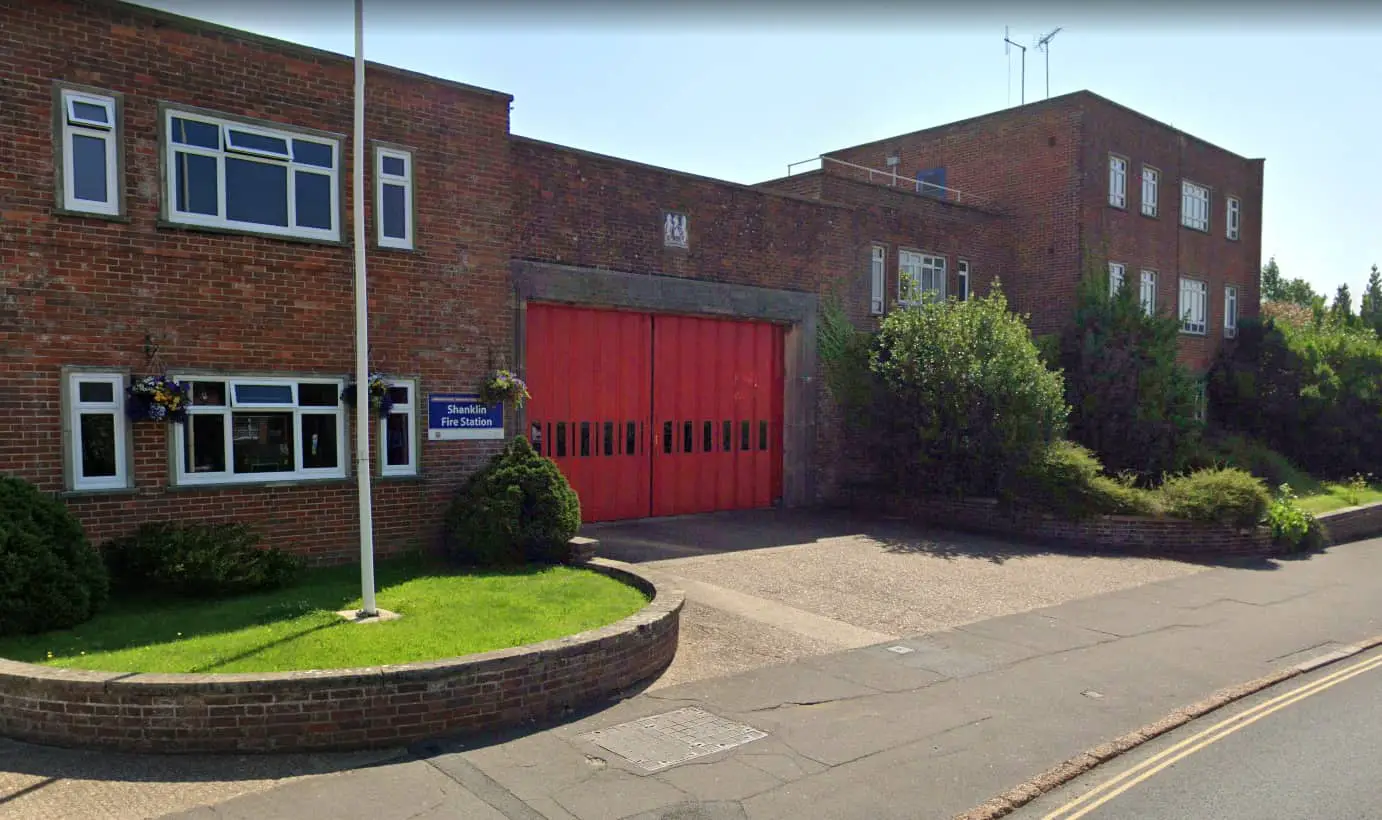Isle of Wight residents may be facing another council tax hike — this time for their fire service.
The seven per cent or £5 annual increase for an average Band D taxpayer could fund further investment in Isle of Wight fire stations.
The move could be approved at the Hampshire and Isle of Wight Fire Authority meeting tomorrow (Tuesday) and would help finance the service from April.
Average £5 pa increase
Last year — the year that Hampshire and Isle of Wight fire services officially amalgamated — Islanders had to pay £6.11 to match what Hampshire residents were paying.
However, with an approved precept increase of 1.99 per cent, it meant a jump for Island Band D taxpayers of £7.48 — taking the total precept up to £70.43.
Now, with a proposed 7.1 per cent increase on the cards, bills will rise for the average Band D by £5 — to £75.43.
7.1 per cent rise approved by Government
Usually, the authority would not be able to raise taxes by more than 1.99 per cent. However, because Hampshire and Isle of Wight Fire and Rescue Service (HIWFRS) has one of the lowest rates in the country, a rise of 7.1 per cent for 2022/23 was approved by Government.
It still has to be approved by the authority though.
£1.7m upgrade to fire stations
Papers for the meeting tomorrow say the increase would allow for £1.7 million continued necessary investment for the upgrades to the Island’s fire estate.
It follows £1.1 million last year, after the physical condition of fire service buildings was found to be ‘considerably below the standard’ of those on the mainland.
Phase one works
Phase one, of the four-year programme, saw asbestos removed from walls at Newport station, new roofs for stations in Sandown, Shanklin and Yarmouth and a new generator installed at Ryde, among other projects.
In phase two, roofs would be replaced at Newport, Cowes, Bembridge, Ventnor, and Freshwater, kitchens upgraded at six hubs and new sleeping quarters installed in Bembridge.
Must borrow if not approved
Hampshire County Council officers say if the 7.1 per cent increase was not approved, the money needed to continue fixing the Island’s fire estate would likely need to be borrowed, and could lead to greater financial pressures in the future.
Elsewhere, increases in taxes paid to Hampshire police, town and parish councils and the Isle of Wight Council have either been, or are in the process of, being approved.
This article is from the BBC’s LDRS (Local Democracy Reporter Service) scheme, which News OnTheWight is taking part in. Some alterations and additions may have been made by OnTheWight. Ed





